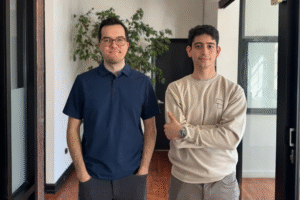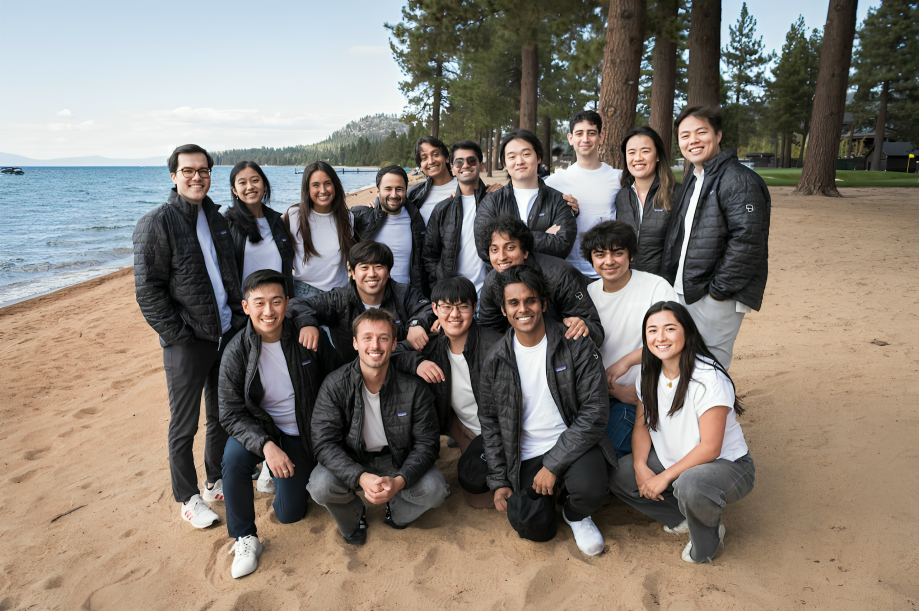David AI, the startup specializing in audio dataset design, evaluation, and infrastructure for speech and audio models, has closed a US $50 million Series B financing round led by Meritech, with participation from NVIDIA, Alt Capital, First Round Capital, Amplify Partners, and Y Combinator. 
This latest round builds on the company’s rapid fundraising trajectory: a $25 million Series A earlier in 2025 and a prior seed round. With this injection of capital, David AI aims to accelerate its mission of creating high-fidelity, diverse audio datasets that bridge the gap between models and real-world speech challenges.
Why David AI Matters
David AI positions itself as the world’s first audio data research lab, focusing on the data layer that underpins advanced audio and speech AI systems. While much of AI innovation has concentrated on model architectures, David believes the bottleneck for high-quality audio intelligence lies in dataset diversity, annotation rigor, and evaluation metrics.
Unlike text, audio has a high degree of nuance—tone, emotion, accent, recording conditions, speaker overlap, multilingual usage—all of which complicate training and evaluation. David AI seeks to systematize dataset engineering so that audio models can better navigate those complexities. 
Strategic & Market Considerations
-
Strategic investor alignment: NVIDIA’s participation signals alignment with core compute and AI infrastructure, which could lead to deeper technical synergy or integrations.
-
Growing TAM in voice AI: With voice assistants, conversational agents, robotics, wearables, and generative media expanding, demand for refined audio models is rising.
-
Competition & defensibility: David AI competes with providers of speech datasets (e.g. Appen, Defined.ai) and internal teams in large AI labs building in-house data capabilities. Its differentiator is the “research lab” approach—designing experiments, optimizing data quality, tailoring for model generalizability.
-
Risks: Advances in synthetic audio generation (e.g. realistic voice synthesis) may reduce demand for human-recorded datasets in some niche applications. Also, regulatory constraints and cross-border data privacy may challenge global audio collection operations.






